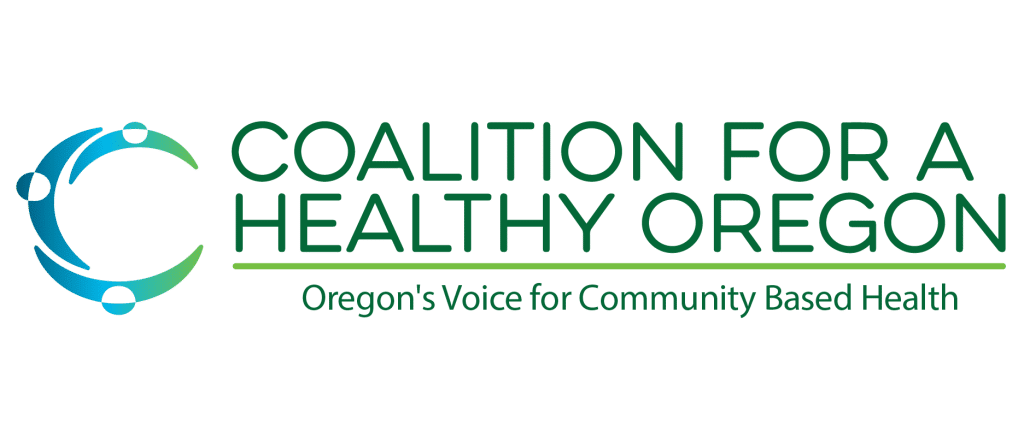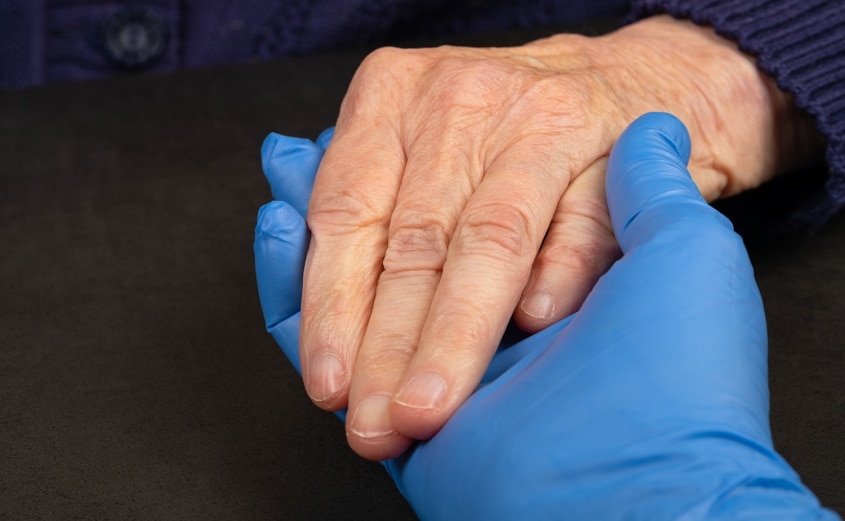Provider Interview: On the Frontlines during COVID-19
In Portland every night at 7:00 p.m., Oregonians gather on their porches and front lawns to bang together pots and pans, play their drums or other instruments, and cheer for health care providers working to keep our communities safe during this pandemic.
Do health care workers and providers hear our cheers and thanks? What do they think about the state’s response to COVID? Do they need more Personal Protective Equipment (PPE)? Do they have any advice or thoughts about what regular people like you and I should be doing?
Most importantly: if we could speak with a health care provider about what it’s like to be working during COVID-19, what would they say?
We had the opportunity to sit down with a Certified Nurse Assistant (CNA) named Emily who works for an Oregon-based company that provides daily medical assistance and other necessary health services to folks on Medicaid and Medicare.
In a normal shift, Emily cares for Oregonians in hospice care, may be paraplegic, have at least one underlying health issue, if not several, and need help with daily tasks. She is responsible for helping her patients with wound care, personal hygiene, and grocery shopping.
When asked about what PPE she has access to daily, Emily shared that she has a single surgical mask that does not have the ability to stop the novel coronavirus the way an N95 mask would— and she reuses it every shift. Gloves provided by her company are either not available or they rip. She tries to keep a personal stash of gloves but says they are nearly impossible to find.
We talked about how it feels as a frontline health care worker to help her clients with wound care when her medical education tells her that the efficacy of her mask decreases by the hour.
Not only is Emily serving her community as a CNA, she is only weeks away from graduating nursing school, and taking the NCLEX. Unfortunately, the novel coronavirus has also thrown a wrench into completing the NCLEX for her license, because completing it is impossible while social distancing.
Despite all the challenges and lack of PPE, Emily shared with me that she is happy to be helping in the face of a pandemic. She knows that the State of Oregon is working hard to ensure that frontline workers have access to PPE and expanded testing to keep her and her patients safe.
When asked how she felt the state was responding to this crisis, she shared that the expansion of unemployment benefits, Oregon Health Plan (OHP) benefits, the Governor’s decision to send ventilators to another state in need, and many other actions feel very citizen-oriented, and she feels as though we are headed in the right direction. Emily also mentioned that despite her current cheer to serve those in need, she may be feeling the emotional effects of working through this pandemic for quite some time.
Emily’s point makes us stop and consider: what mental health supports are we providing our health care workers? How can we better support them in this area?
Emily, thank you for your hard work and dedication to Oregonians in need during this critical time. You are genuinely appreciated.



